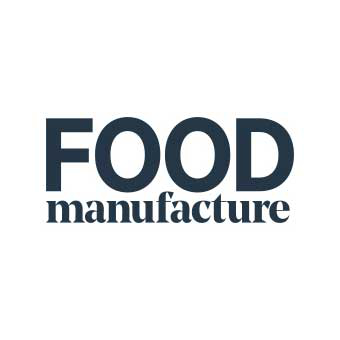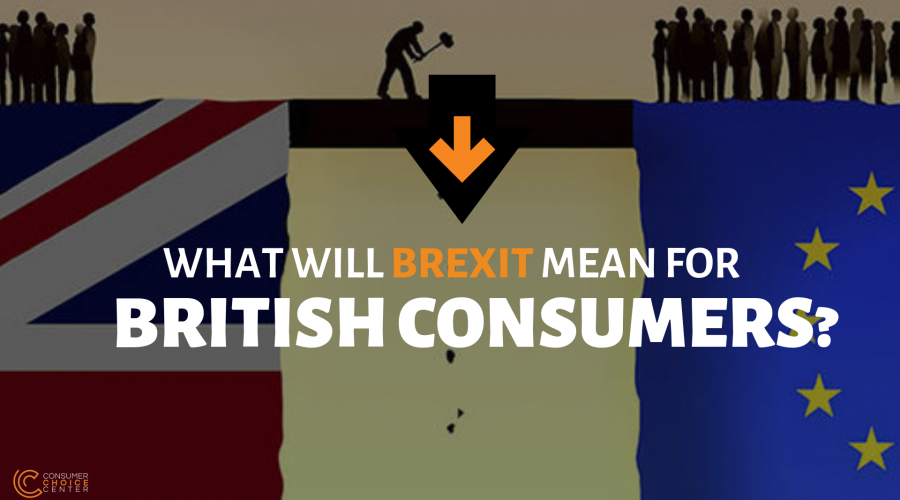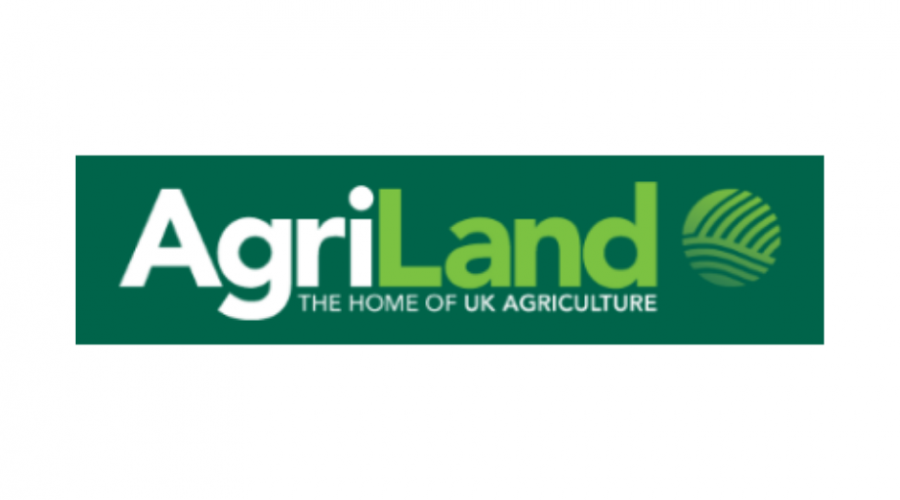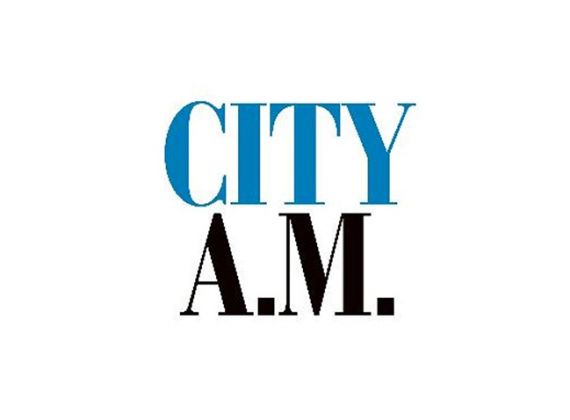
As the Brexit no-deal vote and the deadline itself approach, expectations of the UK seizing this opportunity and reclaiming its trading heritage are heating up. What will a post-Brexit UK choose: being a global advocate of free trade or a protectionist ex-EU...

A spokeswoman for the Consumer Choice Center said: “Imposing any tariffs on food will not only put another burden on British consumers and increase the costs of Brexit, but will also send a signal to the rest of the world that...

The UK’s decision to leave the European Union in 2016 has arguably triggered one of the most laborious and frustrating times to be alive in Western European history. It has since hijacked all political debate and media headlines, which in...

The prospect of tariffs drew stinging criticism from consumer group Consumer Choice Centre. “Imposing tariffs on meat imports will not only put another burden on British consumers but will also increase the costs of Brexit and send a signal to...

Responding to the UK government’s draft plan to apply tariffs on meat in case of a no-deal Brexit, the Consumer Choice Center reiterated that unilateral tariff liberalisation on agricultural products is vital for making consumers better off. The UK’s potential...

Lobby group Consumer Choice Center (CCC) has warned the UK Government that applying tariffs on meat in case of a no-deal Brexit will increase the costs of Brexit and put another burden on British consumers. Instead, it argued that unilateral...

FARMERS WEEKLY: This has drawn stinging criticism from consumer group Consumer Choice Centre. “Imposing tariffs on meat imports will not only put another burden on British consumers, but will also increase the costs of Brexit and send a signal to...

Tariffs on meat imports would put “another burden” on British consumers Ahead of Britain’s impending exit from the EU, lobby group Consumer Choice Center (CCC) said that unilateral tariff liberalisation on agricultural products was vital for making consumers better off...

The pro-free trade Consumer Choice Centre said tariffs would “put another burden on British consumers” and increase the costs of Brexit. ‘Protectionism’ It would send a signal to the rest of the world that post-Brexit Britain would pursue protectionism ahead...

An international consumer group has urged the UK to either abolish tariffs or keep them low in order to look after British consumers post Brexit. Responding to the disagreements in the British Cabinet on post-Brexit food tariffs, the Consumer Choice Center...

The FDF’s comments were in response to a report by activist group the Consumer Choice Centre (CCC), which claimed imposing tariffs on food would send a signal to the rest of the world that post-Brexit Britain would pursue protectionism ahead...

Should we slash post-Brexit tariffs on food imports to offer consumers cheaper goods? Bill Wirtz, policy analyst at the Consumer Choice Center, says YES. Contrary what the protectionists will tell you, tariffs don’t only hurt the country upon which they...
Free Trade For Us is a single-issue campaign produced by the Consumer Choice Center and supported by partners to raise awareness about the positive impact of free trade and to show policymakers all over the world that the millennial generation is united against tariffs, trade barriers, and retaliatory measures that only hurt consumers and workers.
© Copyright 2018 All Rights Reserved